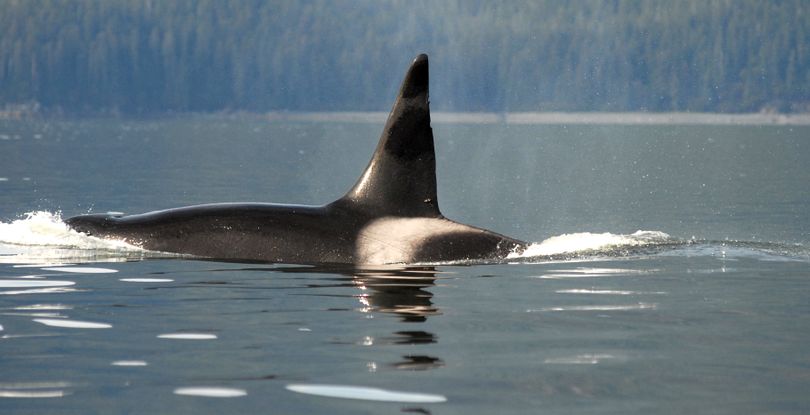Big fines coming for encroaching on orcas

MARINE WILDLIFE -- A boater who was caught by the Coast Guard too close to Puget Sound killer whales on Wednesday won’t be penalized, but next summer violators could be fined thousands of dollars, the Associated Press reports.
The National Oceanic and Atmospheric Administration is working with the Coast Guard and the Washington Fish and Wildlife Department to educate boaters about a 2011 requirement to stay at least 200 yards away from orcas, spokesman Brian Gorman said. Previously it was just a guideline.
“Our intention is to depend on education and warning rather than coming on like gangbusters,” Gorman said.
They’ll make a decision before next summer’s boating season on issuing fines, Gorman said. Civil penalties under the Marine Mammal Protection Act could reach $11,000, and fines under the Endangered Species Act could be as high as $32,500, Gorman said.
Gulp.
Read on for more details from the AP.
On Wednesday a Coast Guard cutter from Port Angeles witnessed a 25-foot pleasure boat remaining within 200 yards of whales near Orcas Island. The boaters were told they were too close.
Most violators are kayakers or pleasure boaters. Organized whale watching boats are aware of the rules and realize violating them would be bad for business, Gorman said.
Encroaching boats can cause stress or prevent orcas from feeding.
The Puget Sound orcas, known as the southern resident population, were declared an endangered species in 2005. Counting at least two calves spotted this summer, there are 89 whales in three pods called J, K and L.
